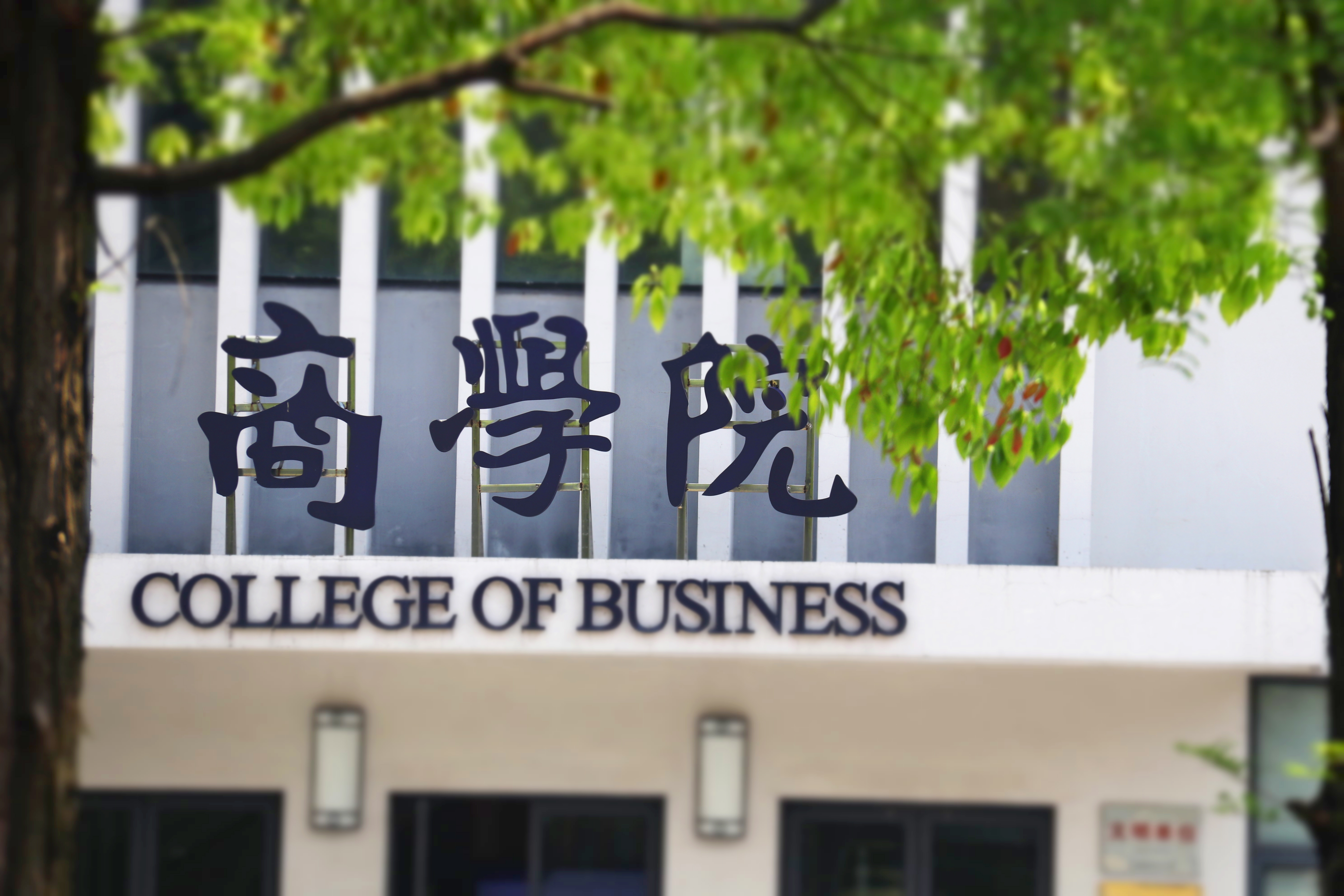上海财经大学商学院举办形势报告会
和哲学社会科学报告会、研讨会、讲座、论坛审批表
主办部门 | 世经国贸系、国际贸易理论与政策研究创新团队 | ||
讲座主题
| Land-Use Regulation and Economic Development: Evidence from the Farmland Red Line Policy in China. | ||
现场负责人 | 邓建鹏 | 联系电话 | 65907206 |
举办时间 | 1月15日14:00-15:30 | 举办地点 | 商学院武东路校区526 |
活动参与人数规模
| 15 | 联络人及联系电话 | 刘益如 |
65907868 | |||
主讲人姓名、单位、职称/职务及简历 | Yue Yu, Columbia University, Ph.D. candidate | ||
讲座内容摘要(会议议程) | Many countries have land-use regulations to preserve farmland for food security reasons. This paper shows that such regulations can distort economic activity across sectors and locations at a substantial cost to aggregate welfare in developing countries during urbanization. This paper studies a major policy restricting farm-to-urban land conversion in China - the Farmland Red Line Policy – to provide causal evidence on the impact of land-use regulation on local development measured by GDP and population growth. The policy imposes a barrier to urban land development, the strength of which depends on exogenous local geographical features. I show that a greater barrier significantly reduces urban land supply, lowers GDP, and decreases population. To understand the aggregate impact of the policy, I develop a quantitative spatial equilibrium model that features endogenous land-use decisions. According to the model, the policy causes an excess supply of farmland and an under-supply of urban land, and the extent of such land misallocation varies across locations due to their local geographical features. In the constrained equilibrium, the spatial and sectoral mobility of workers implies that land misallocation leads to labor misallocation. I estimate that the welfare of workers would have been 6% higher in 2010 if the policy had not been implemented. I also show that a cap-and-trade system that achieved the same aggregate level of farmland would have been far less costly in terms of welfare. The results suggest that fast-growing economies in developing countries need to design land-use policies carefully, as the welfare costs of poorly designed policies can be substantial. | ||
学院审批意见 |
负责人签(章) 年 月 日 | ||

